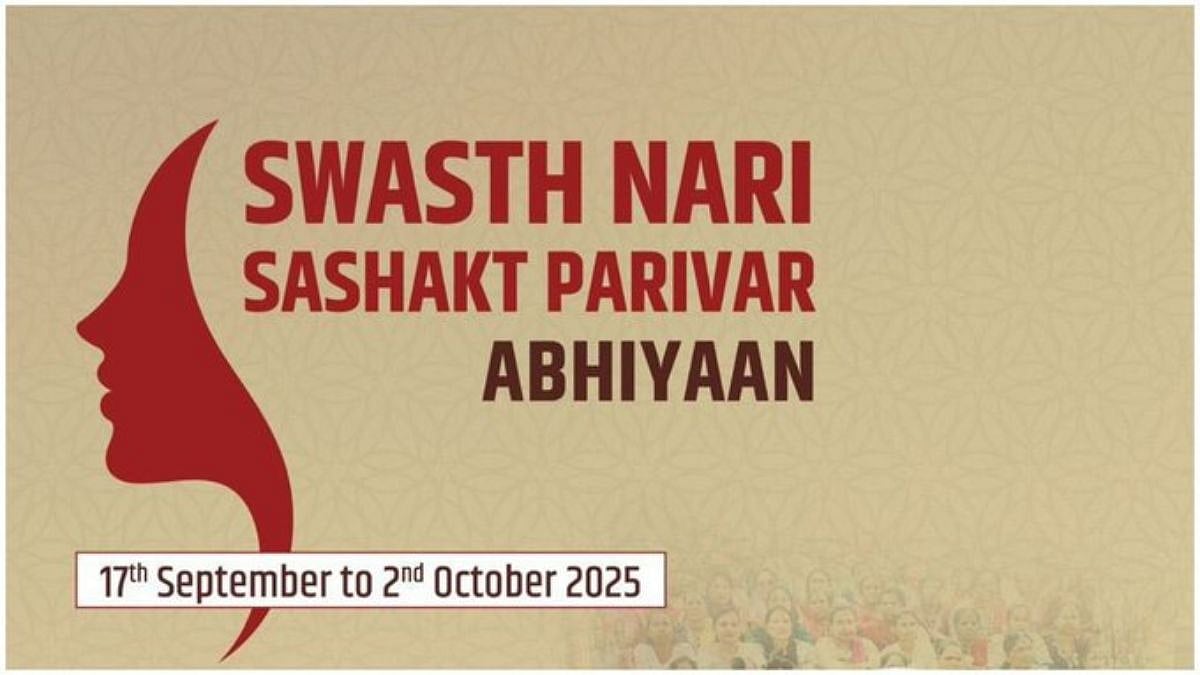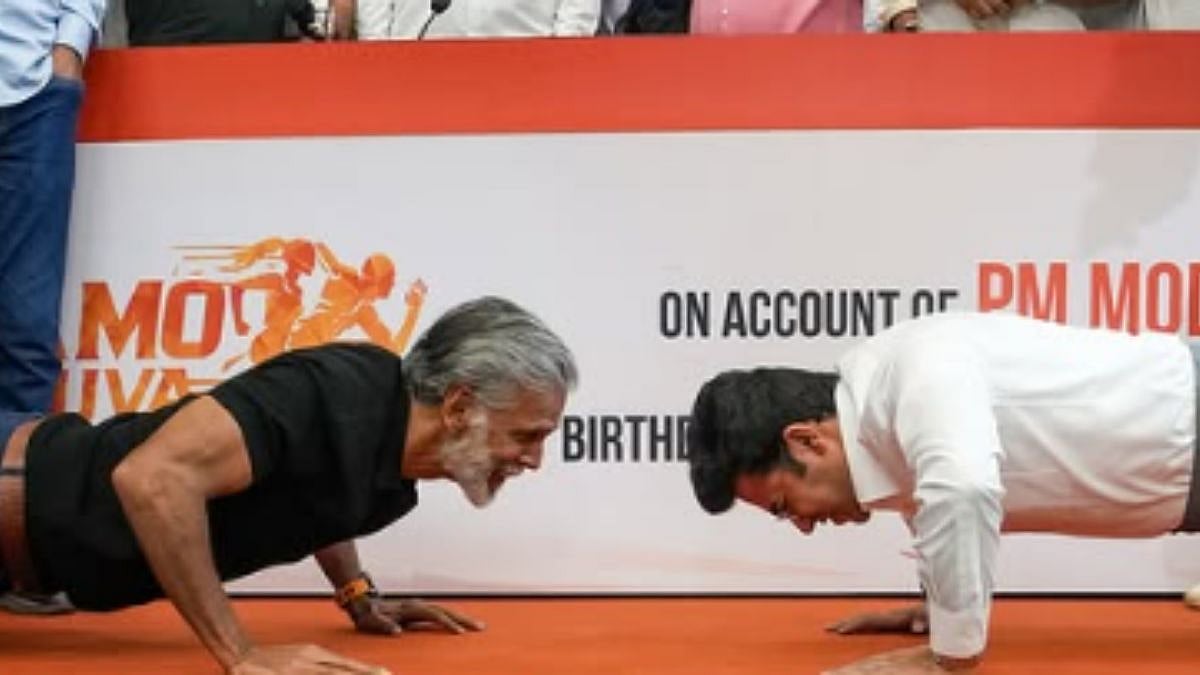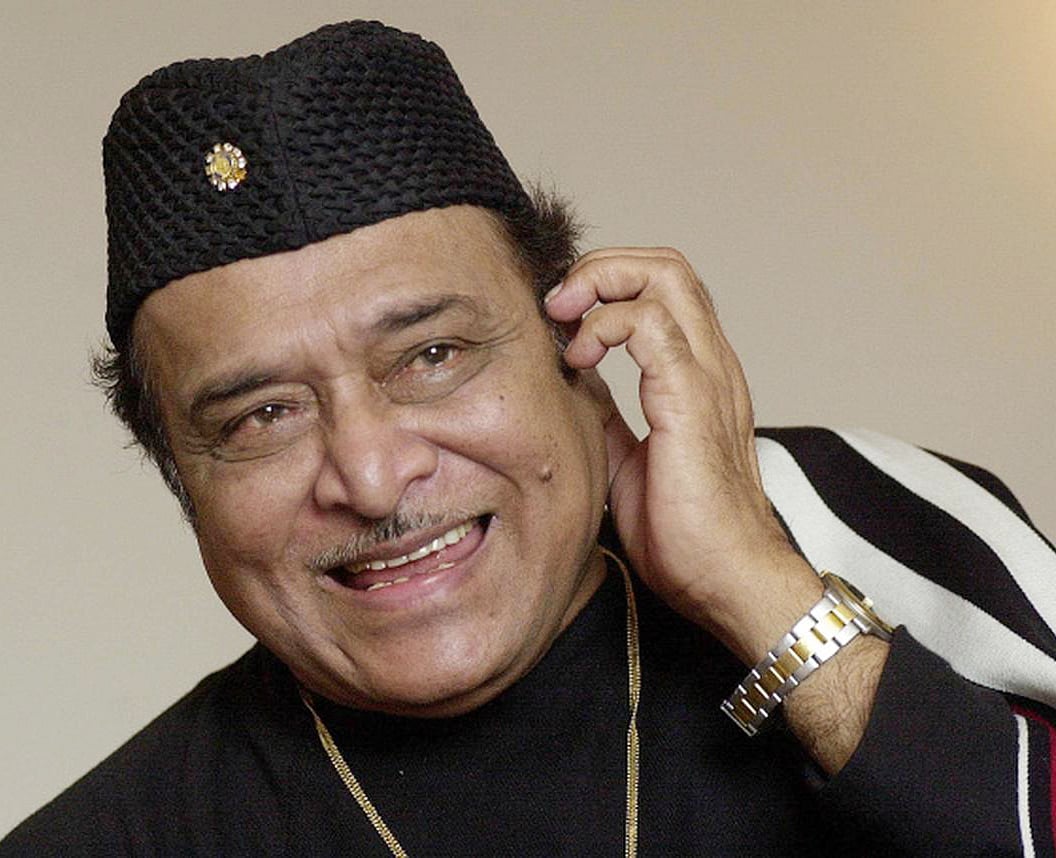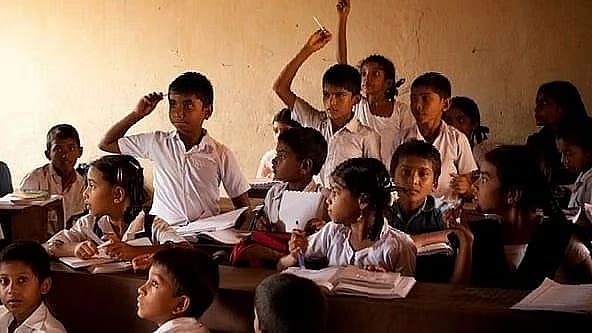For a change, the somewhat disoriented and stunned Bharatiya Janata Party is not tom-tomming its indispensability in Indian politics. The electoral reverses it suffered in Karnataka elections at the hands of a rejuvenated Congress has driven home the fact that the very presence of Narendra Modi during election campaigns cannot always ensure victory for the party — at least in the South.
The clear majority that the Congress got in Karnataka Assembly elections bears testimony to the fact that PM Modi no longer looks the person with a magic touch, who, with his mesmeric oratorical skills, can tilt the party’s fortunes in any assembly elections, no matter how strong or invincible the Opposition parties may appear. The Karnataka assembly elections has knocked the stuffing out of BJP for the simple reason that the party got extremely over-confident about its victory chances and chose to rake up issues that didn’t resonate with the masses. In numerous election campaigns, BJP chose to focus on Hindu-Muslim divide and the Bajrang Dal ban row. In other words, the Hindutva card didn’t click the way the party had expected. It is true that the anti-incumbency factor was there, but still, the Hindu-Muslim divide narrative failed to convince Karnataka voters, especially younger population, because they were expecting the party to come up with more realistic agenda like job creations that could bring some semblance of hope and optimism. If Modi could promise to provide one crore jobs to youth in 2014 election campaign, what stopped him from focusing on issues like roti, kapda and makaan this time in Karnataka? Was it his short-sightedness that made him assume that people need the opium of religion, more than anything else, to vote his party back to power? Perhaps, he terribly underestimated the intelligence of Karnataka voters under the illusion that Modi charisma can work wonders in any part of India. People were disillusioned with corruption under the Bommai government. The party lacked a coherent political strategy in place to take on the Congress. Its lacklustre leadership was a major factor behind its loss. No wonder, the party plunged headlong into labyrinths of its own making.
On the other hand, the Congress had popular leaders like DK Shivakumar and Siddaramaiah who know the pulse of the people. Their popularity shone brightly in the collective consciousness of the people. They mingled with the people on their campaign trail, became part of that crush of bodies in the streets.
In January this year, when Priyanka Gandhi announced that if Congress won the assembly elections, it would pay Rs 2,000 to the elderly lady of each family every month as party of the party’s Gruha Lakshmi Yojana, the BJP didn’t take the promise seriously believing that it was just a pre-election stunt meant to woo gullible voters. That was the first major miscalculation of the BJP because the Congress was talking about women’s empowerment, an issue which resonated with women voters there. Ideally, BJP should have come up with something similar given Modi’s focus on women’s empowerment through his Beti Bachao Beti Padhao scheme.
Another major factor that militated against the BJP’s victory was Rahul Gandhi’s Bharat Jodo Yatra in which he covered more than 51 constituencies of Karnataka out of 224. After the yatra, Rahul experienced a surge in his public appeal and this popularity had somewhat incandesced in the people’s mind. The yatra managed to shift the political dynamics in the state. In a way, Rahul Gandhi succeeded in conquering the South, paving the way for Congress victory this month. The indefatigable eighty-year-old party president Mallikarjun Kharge played an important role in spearheading a cohesive and vigorous election campaign that captured the imagination of the Karnataka voters.
BJP supporters would argue that elections at the state level and national levels are vastly different. True. It is also true that there are still fault lines in Congress party which is plagued by disunity. The victory of Congress in Karnataka has proved that it is no rocket science to defeat the BJP provided you talk about local issues and project a picture of unity. It can even make a mockery of the personality cult. As far as the Karnataka elections go, the Congress has placed the last stone on the cairn. Now, the million-dollar question is, can this victory bring other regional parties on a common platform together to build a strong alliance with the re-energized Congress capable of defeating the BJP next year? As a main Opposition party, Congress has to be the fulcrum of coalition to take on the BJP for next year’s general elections.
The writer is a senior Delhi-based journalist











